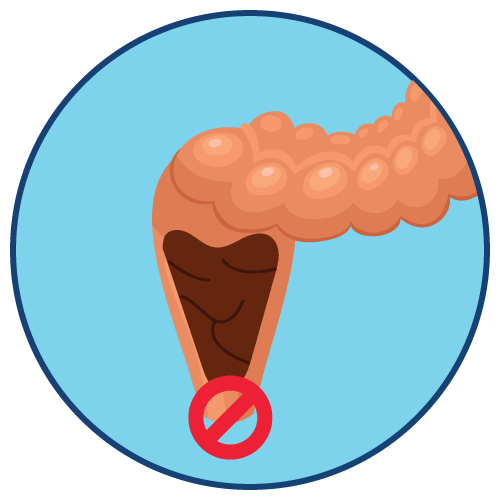Medicine details
| Image |  |
| Name | Milran 12.5 |
| Dosage | Tablet |
| Generic Name | Milnacipran Hydrochloride |
| Classes |
Central Nervous System Agent Psychotherapeutic Agent Serotonin Norepinephrine Reuptake Inhibitor (SNRI) |
| Diseases |
Depression Mental Disorder Suicidal Activity |
| Company | Beacon Pharmaceuticals Ltd. |
Drug Package Details
| Strength | 12.5 mg |
| Storage Condition | |
| Origin Country | Bangladesh |
| Commercial Pack | 50 |
| Price per pack | ৳ 301.00 |
| Cost per pack | ৳ 264.88 |
| Package unit | 10 tabs strip |
| Price per unit | ৳ 6.02 |
| Cost per unit | ৳ 5.30 |
| Discount | 0 |
| Coupon | |
| Remarks |
Milnacipran Hydrochloride
Milnacipran Hydrochloride is a selective serotonin and norepinephrine reuptake inhibitor (SNRI). These medications inhibit the reuptake of serotonin and norepinephrine increase their activity.
Milnacipran Hydrochloride is indicated for the management of fibromyalgia.
- Administer Milnacipran Hydrochloride in two divided doses per day
- Based on efficacy and tolerability, dosing may be titrated according to the following schedule
- Day 1: 12.5 mg once Days 2-3: 25 mg/day (12.5 mg twice daily)
- Days 4-7: 50 mg/day (25 mg twice daily)
- After Day 7: 100 mg/day (50 mg twice daily)
- Recommended dose is 100 mg/day
- May be increased to 200 mg/day based on individual patient response
- Dose should be adjusted in patients with severe renal impairment
Most common adverse reactions associated with the use of milnacipran HCl include-
- nausea
- headache
- constipation
- dizziness
- insomnia
- hot flush
- hyperhidrosis
- vomiting
- palpitations
- heart rate increased
- dry mouth
- hypertension
- Suicidality: Monitor for worsening of depressive symptoms and suicide risk
- Serotonin Syndrome or Neuroleptic Malignant Syndrome (NMS)-like Reactions: Serotonin syndrome or NMS-like reactions have been reported with SNRIs and SSRIs. Discontinue Milnacipran Hydrochloride and initiate supportive treatment
- Elevated blood pressure and heart rate: Cases have been reported with Milnacipran Hydrochloride. Monitor blood pressure and heart rate prior to initiating treatment with Milnacipran Hydrochloride and periodically throughout treatment
- Seizures: Cases have been reported with Milnacipran Hydrochloride therapy. Prescribe Milnacipran Hydrochloride with care in patients with a history of seizure disorder
- Hepatotoxicity: More patients treated with Milnacipran Hydrochloride than with placebo experienced mild elevations of ALT and AST. Rarely, fulminant hepatitis has been reported in patients treated with Milnacipran Hydrochloride. Avoid concomitant use of Milnacipran Hydrochloride in patients with substantial alcohol use or chronic liver disease
- Discontinuation: Withdrawal symptoms have been reported in patients when discontinuing treatment with Milnacipran Hydrochloride. A gradual dose reduction is recommended
- Abnormal Bleeding: Milnacipran Hydrochloride may increase the risk of bleeding events. Caution patients about the risk of bleeding associated with the concomitant use of Milnacipran Hydrochloride and NSAIDs, aspirin, or other drugs that affect coagulation
- Male patients with a history of obstructive uropathies may experience higher rates of genitourinary adverse events
Contraindication
- Contraindicated in patients hypersensitive to any component of the medication.
- Concomitant use with MAOIs is contraindicated.
-
None known.
None known.







 Bangla
Bangla English
English